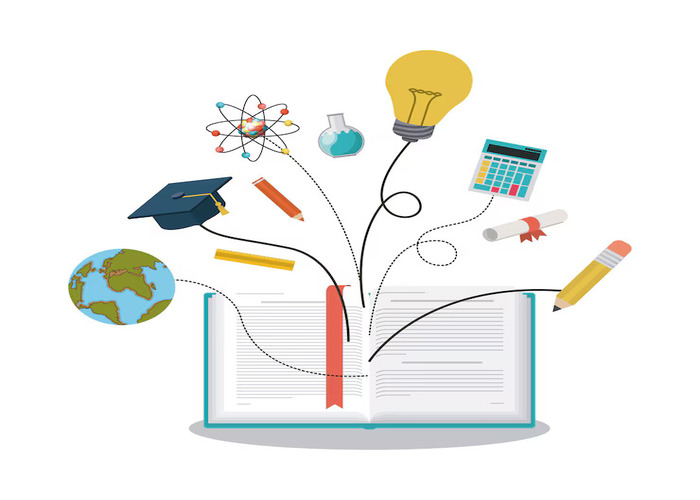“Power of Education”

Education reflects a tremendous potential for personal development and enhancement of future opportunities. Whether formal or informal, education is one of the most effective means by which individuals obtain knowledge and/or skills that can lead to goal attainment or fulfilment of passions.
At Presidency University, education is seen as a transformative tool that not only sharpens critical thinking and problem-solving abilities but also cultivates informed decision-making. Recognizing the importance of education unlocks the true power of success.
Education is widely recognized as one of the strongest forms of empowerment for individuals, significantly influencing social mobility and sustainable development. Institutions like the Presidency School of Commerce emphasize that education extends far beyond literacy and numeracy, encompassing curiosity, ethical reasoning, emotional intelligence, and a sense of social responsibility.
1. Person and Intellectual Empowerment: The benefits of education for people are profound and improved personal and intellectual empowerment is high in its importance. An educated individual can question assumptions, analyse perspectives, and navigate complex scenarios. Presidency University instils in its learners a sense of purpose—fostering confidence, empowerment, and informed choices. When a new career opportunity arises, education acts as a strong foundation for access and success.
2. Social Change: Education contributes in a meaningful way to the creation of inclusive, equal, and cohesive societies. It helps to reduce the levels of social inequality experienced by individuals by creating commonality with respect to class, caste, gender, and geography.
In a diverse country like India, education can be viewed as a mechanism of social justice in that it actively works to dissolve entrenched inequality, and improves the condition of the marginalized. Civic education in particular helps create informed, engaged citizens who contribute to democratic governance and national unity—values actively promoted at Presidency School of Commerce.
3. Education and Gender Equity: Education is transformational for women and girls. It delays early marriage, reduces maternal and child mortality, improves family health and the economy. Educated women are more likely to educate their own children; thus, the education of women contributes to intergenerational cycles of learning and empowerment. Gender-sensitive policies and inclusive curricula, as practiced at Presidency University, are vital to sustainable and equitable development.
4. Economic Development and Innovation: In an economic context, education is one of the most important catalyst for productivity and innovation. Knowledge based productivity will drive jobs and innovation in the economic development of the country.
5. Global Citizenship and Sustainable Development: Education fosters global citizenship in an interconnected world by promoting intercultural understanding and respect for diversity and developing an awareness of global challenges—in particular, climate change, human rights, and poverty. United Nations Sustainable Development Goal 4 (SDG 4), directly establishes "inclusive and equitable quality education" as one of the foundations for achieving all SDGs.
Conclusion: To invest in education is to invest in the future of individuals, communities, and the planet. As Presidency University and Presidency School of Commerce champion, education empowers individuals to reach their fullest potential and to contribute meaningfully to a more just, prosperous, and sustainable world. As Nelson Mandela rightly said, “Education is the most powerful weapon which you can use to change the world.”
Written by,
Dr. D. Vijayasree
Assistant Professor, Presidency School of Commerce













 Rajanukunte, Yelahanka, Bengaluru, Karnataka, Pin: 560119, India
Rajanukunte, Yelahanka, Bengaluru, Karnataka, Pin: 560119, India
 +91 9022092222
+91 9022092222